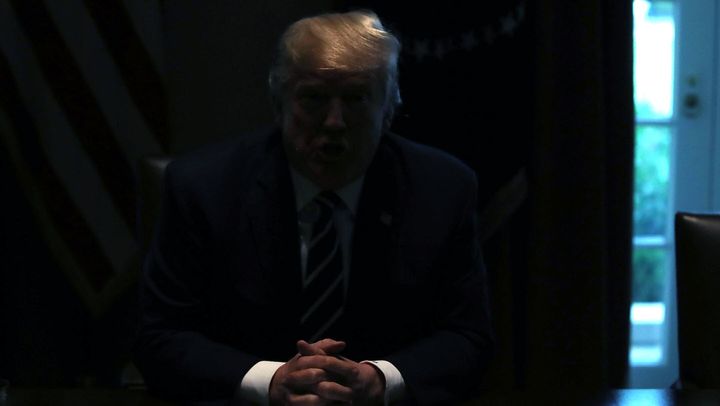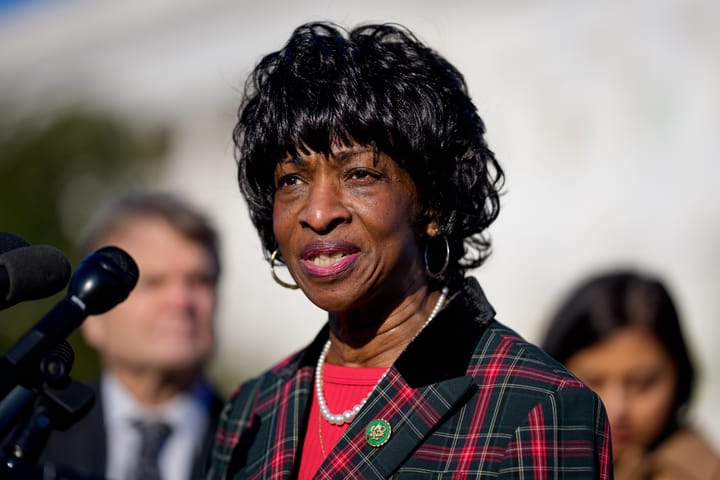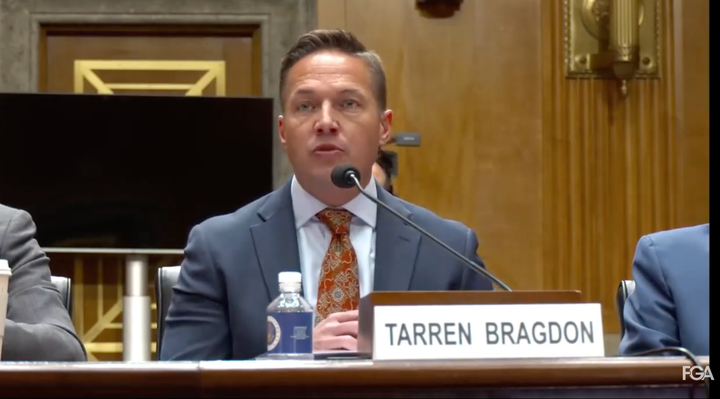Starting today, the Internal Revenue Service will cease to collect information from political nonprofits that is needed for the government to discover and investigate possible campaign finance violations, such as the illegal funneling of foreign money into U.S. elections.
Under a regulation from the IRS and the Treasury Department that was published in the Federal Register today, nonprofit organizations, including 501(c)(4)s and 501(c)(6)s that are allowed to spend money on elections without revealing their donors, will no longer be required to report the names and addresses of their donors to the IRS. For decades, the organizations had been required to report the identities of their donors giving $5,000 or more to the agency on Schedule B of 990 forms, though donors’ names and addresses were redacted before the forms were made available to the public.
During the rulemaking process, multiple organizations filed comments expressing concerns that the rule would make it impossible for the government to detect donations from entities that are prohibited from spending money on U.S. elections under federal election law, including foreign governments and federal contractors. The IRS and Treasury Department dismiss these concerns in their regulatory guidance document, stating that the IRS is not authorized to enforce campaign finance laws and that commenters favoring the change argued that entities trying to dodge campaign finance laws are unlikely to report incriminating information on Schedule B forms anyways.
“For years, those opposing more robust transparency policies to prevent foreigners from funneling money into U.S. elections through 501(c) nonprofit organizations have shamelessly argued new rules are unnecessary because the IRS already collects this information,” said Meredith McGehee, executive director of campaign finance watchdog group Issue One said in a statement. “It is deeply concerning that many of those same organizations have now helped convince the IRS that collecting detailed information about the donors to politically active nonprofits is unnecessary, even as dark money groups pump huge sums of secret money into our elections.”
Nonprofits that do not disclose their donors have become a prominent feature of the campaign finance landscape since the Supreme Court ruled in Citizens United v. Federal Elections Commission that corporations and unions can spend unlimited amounts of money on politics. In the last presidential election cycle, 501(c)(4) groups spent $149 million on politics, according to the Center for Responsive Politics.
Dark money groups have been calling for the IRS to eliminate the Schedule B reporting requirement for several years. In 2016, Freedom Partners Chamber of Commerce, a 501(c)(6) that serves as a hub for the political network tied to Charles Koch, backed a bill to eliminate Schedule B reporting that was introduced in the House of Representatives by former Rep. Peter Roskam (R-Ill.). The group’s chairman Mark Holden, who is also general counsel for Koch Industries, said in a statement that the bill was “an important first step toward reaffirming Americans’ right to free speech.” At the time, the Koch-affiliated nonprofit Americans for Prosperity was involved in a legal battle with California’s attorney general, Sen. Kamala Harris (D-Calif.), who sought access to the group’s donors to ensure that it was complying with California laws.
The IRS and Treasury Department originally proposed eliminating the Schedule B requirements in 2018, but a federal judge blocked their effort because they did not follow a proper regulatory rulemaking process.
Transparency advocates are calling on Congress to take action to reverse the rule change. In March 2019, House Democrats passed the landmark ethics package, H.R. 1, which includes many provisions of the DISCLOSE Act, designed to combat dark money by requiring covered organizations to file reports disclosing election spending of $10,000 or more with the Federal Election Commission within 24 hours. While the Republican-controlled Senate is unlikely to take up H.R. 1 this year, the DISCLOSE Act was introduced as a standalone bill in the Senate by Sen. Sheldon Whitehouse (D-R.I.) and the House by Rep. David Cicilline (D-R.I.).
“Enforcement agencies need every tool available to safeguard our elections against foreign interference,” McGehee said. “Congress must now step up and strengthen our transparency rules to ensure foreigners aren’t using opaque tax-exempt organizations to meddle in our elections.”
Read more from Sludge:
Campaign to Overturn Citizens United Keeps Racking Up Wins
Trump Settlement Admits Campaign Finance Crimes, Watchdog Says
Turning Point USA Blurs the Line Between Charity and Pro-Trump Political Group
Koch-Backed Republicans Want to Tax Your Electric Car
Charles Koch Continues to Bankroll the Tucker Carlson-Founded Daily Caller



